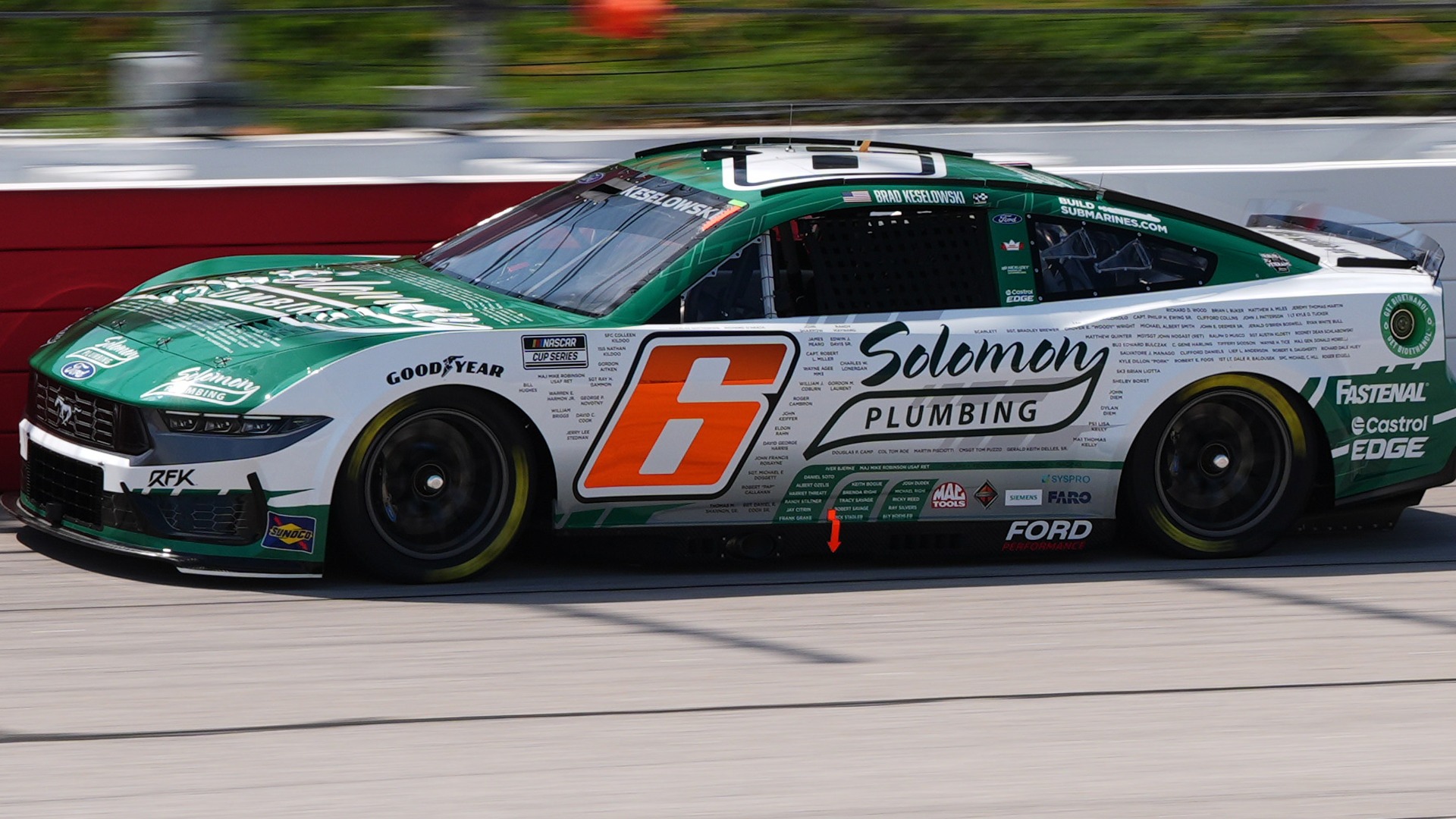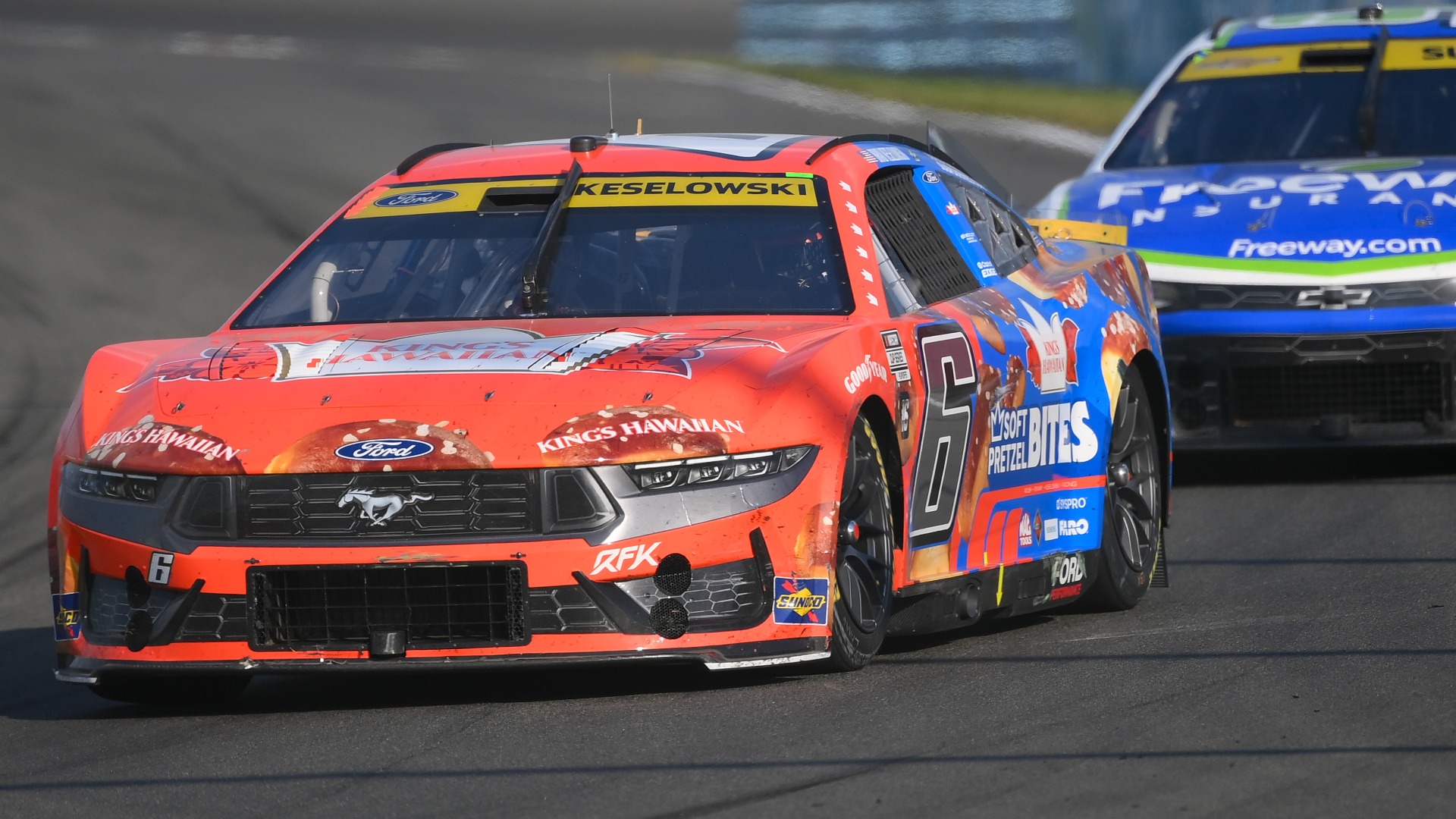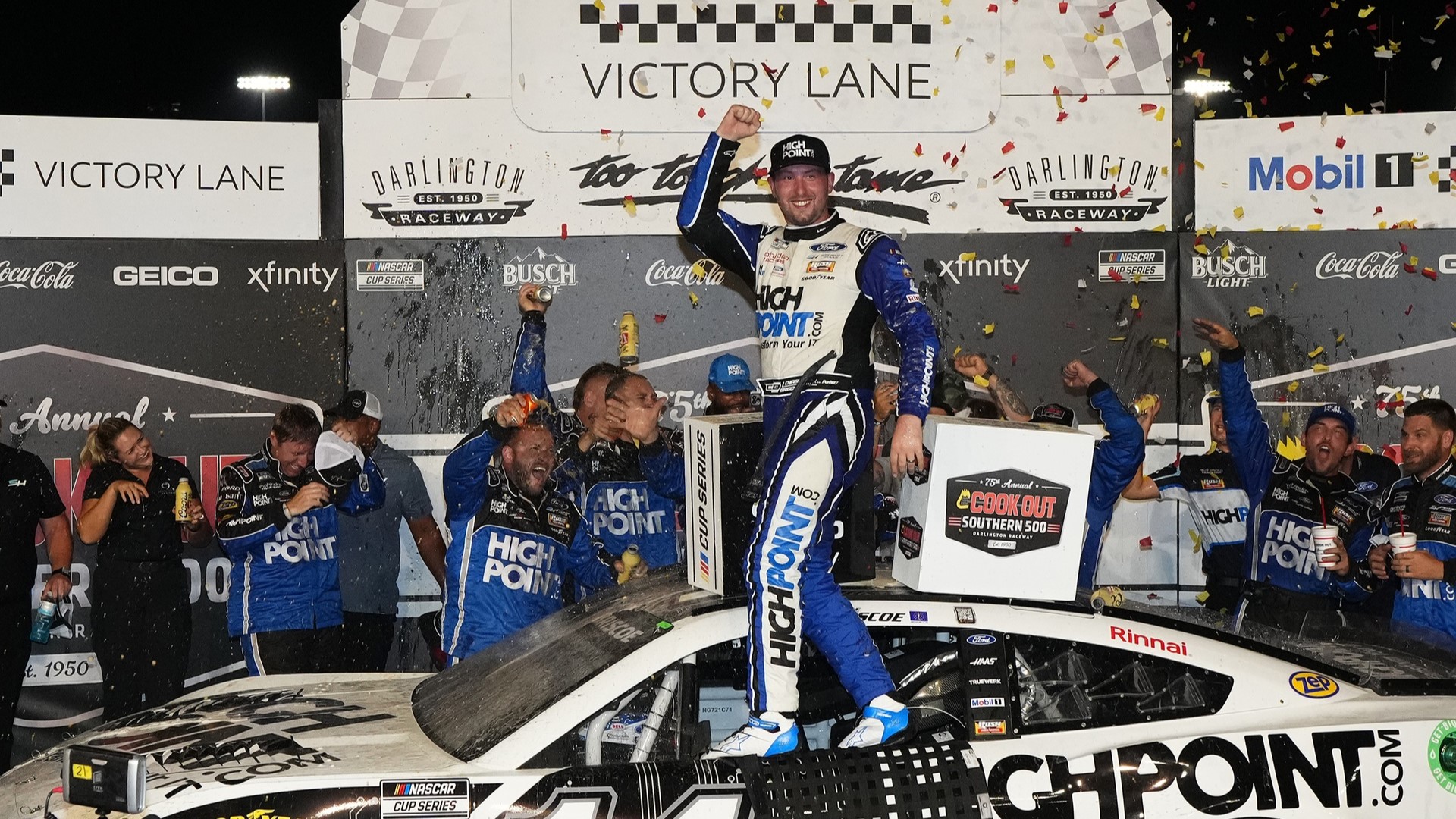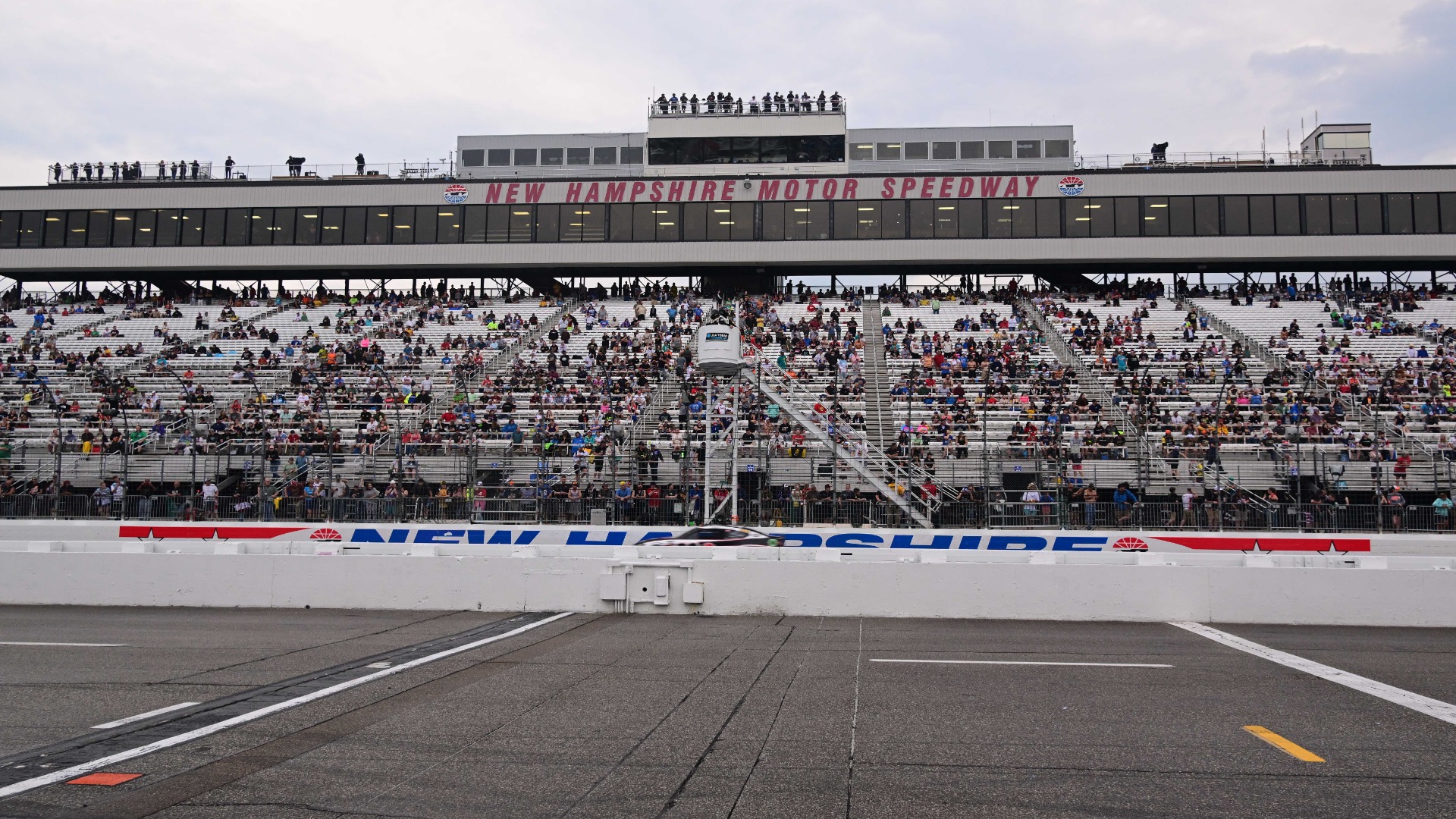The boldness of a move is defined by its risk.
There’s no bravery in reading the room before you speak, to ensure that what you say will be popular or, at the very least, deflected elsewhere if people disagree. We’ve seen plenty of this paper courage in recent weeks, as celebrities and organizations have issued supportive “Black Lives Matter” statements after reading the tea leaves of public sentiment.
That’s why, of all the professional athletes to speak out in the last couple weeks on the topic of racial inequality and inconsistent policing, NASCAR’s Bubba Wallace has been one of the most inspiring.
Wallace has been at the forefront of a conversation that has been missing from his sport for too long. Two-plus years after becoming the first black full-time Cup Series driver since Wendell Scott in 1971, Wallace remains alone. But he has embraced the distinction, with the same tweet pinned to the top of his Twitter page since he debuted in 2017:
“There is only 1 driver from an African American background at the top level of our sport. I am the 1. You’re not gonna stop hearing about “the black driver” for years. Embrace it, accept it and enjoy the journey … ”
More: NASCAR Reveals Plans To Hold Select Races With Limited Number Of Fans
As snapshots, Wallace’s gestures this week might seem modest. He wore an “I CAN’T BREATHE” T-shirt prior to Sunday’s race in Atlanta, years after stars in other sports went further, sooner. He successfully pushed for NASCAR to ban the so-called Confederate flag on Wednesday, which really should have been done decades ago. He still is noncommittal on whether he’ll ever kneel during the national anthem, saying that he wants to do more research and soul-searching first.
Yet for some, like the extremely vocal LeBron James — who has been a far more prominent voice on social matters than his superstar predecessor Michael Jordan ever was — their ability to speak out is bolstered by the support of the vast majority of their fans, peers and league leadership. Unlike Colin Kaepernick, who sparked a movement and is still paying for it today, James never was going to lose his job for his stance.
Even now, there remains the possibility Wallace might.
While NASCAR has been overwhelmingly supportive of Wallace’s mission since he began speaking out, he had no idea what the repercussions might be. He’s an admirable driver, winning six times in the Truck Series and piloting the underfunded No. 43 Chevy above the capabilities of its modest equipment, but hardly an indispensable talent in the sport. His boss, Richard Petty, said just a few years ago that anyone who kneeled during the national anthem “ought to be out of the country.” One of his sponsors, Blue Emu, canceled their relationship via Twitter in April when Wallace lost his temper during an iRacing event. The point? Unlike in the major team sports, where contracts and unions protect the players, any driver can be let go, at any time, for any supposed reason, at the whim of the car owner and sponsors.
And although Richard Petty Motorsports has announced a contract extension for Wallace through 2021, the specter of uncertainty remains. The unspoken flip side of Wallace’s eye-opening “Black Lives Matter” paint scheme in Wednesday’s race at Martinsville was that RPM was able to run the custom scheme because it hadn’t secured primary sponsorship funding for that race. In the end, sponsors, not inspirational messages of equality, pay the bills. Without financial backing, there is no team and no car for Wallace to drive.
If the peaceful protests have taught us anything, however, it is to have hope. Ignore for now that if one of the more entertaining and relatable drivers, who brings much-needed diversity to the track, can’t find sufficient sponsorship in the near future, then it should be considered a massive failure on the part of NASCAR and corporate America.
Instead, have hope that Wallace will continue to find support, both socially and financially, and that he’ll keep nudging NASCAR to do what’s right — no matter the risk.





